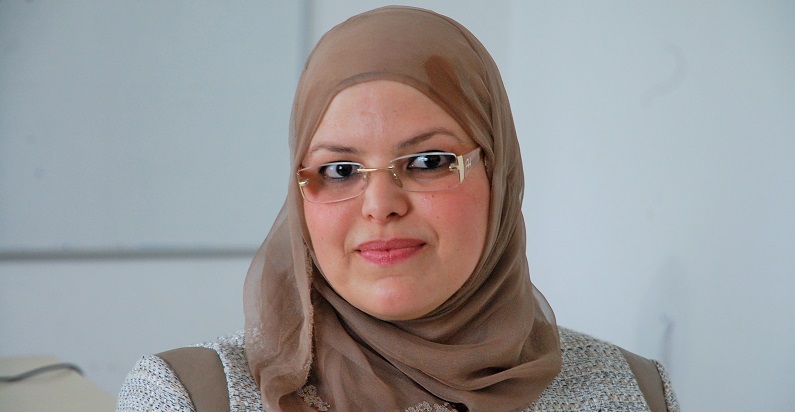EL BLOG DE LA FIIAPP. Cooperación Española.
-
27 abril 2015
Categoría : Radio
El 26 de abril es el Día Mundial de la Propiedad Intelectual. Desde la FIIAPP lo conmemoramos haciéndonos eco del proyecto de cooperación financiado por la UE.

Desde abril de 2014, gestionamos en Ucrania un proyecto de cooperación financiado por la Unión Europea (UE), también conocido como hermanamiento, cuyo fin es hacer frente al mercado de piratería y falsificaciones de Ucrania. Este país padece delitos desde
-
16 abril 2015
Categoría : Entrevista
Viajamos hasta Croacia para hablar con Eduardo Aznar Campos, Embajador de España en Croacia. En esta entrevista desgrana cuál ha sido el papel de la FIIAPP en la adhesión de este país a la Unión Europea (2013).

“Aquí, hay que decirlo, la FIIAPP ha jugado un papel importante a través de una serie de proyectos, de hermanamientos, de asistencias técnicas que se han venido desarrollando...”, analiza el Embajador. Descubre el resto. Croacia se convirtió en miembro de la UE el 1 de julio de 2013. Hast...
-
10 abril 2015
Categoría : Opinión
Su hija nunca antes había escrito su nombre. Ahora, al menos, lo intenta. Kouser es una profesora tunecina y tiene una hija con discapacidad intelectual. Juntas han conseguido este logro después de que Kouser recibiese un curso de formación en técnicas de aprendizaje para menores con discapacidad. Una formación desarrollada bajo el marco de un proyecto de cooperación financiado por la UE y gestionado por la FIIAPP.Her daughter had never written her name before. Now, at least, she makes an attempt. Kouser is a Tunisian teacher and has a daughter with an intellectual disability. Together they achieved this milestone after Kouser received a training course on teaching techniques for children with disabilities. Training developed within the framework of a cooperation project financed by the EU and managed by the FIIAPP.

“Hemos visto otro método de comunicación que es muy importante: el lenguaje con pictogramas que permite a los niños comunicarse por sí mismos. También actividades de adaptación, como por ejemplo de materiales: cuadernos, mobiliario... Es la ...
-
24 marzo 2015
Categoría : Opinión
“Cooperación Pública en el Mundo” cumple un año en antena acercando la realidad de la FIIAPP a 80 mil oyentes todas las semanas.

Hace un año que “Cooperación Pública en el Mundo” comenzó a sonar en Radio 5 contando las historias de nuestros proyectos, de nuestros expertos desplazados en terreno y el trabajo de nuestro día a día para mejorar los sistemas públicos de los países en los que trabajamos.








